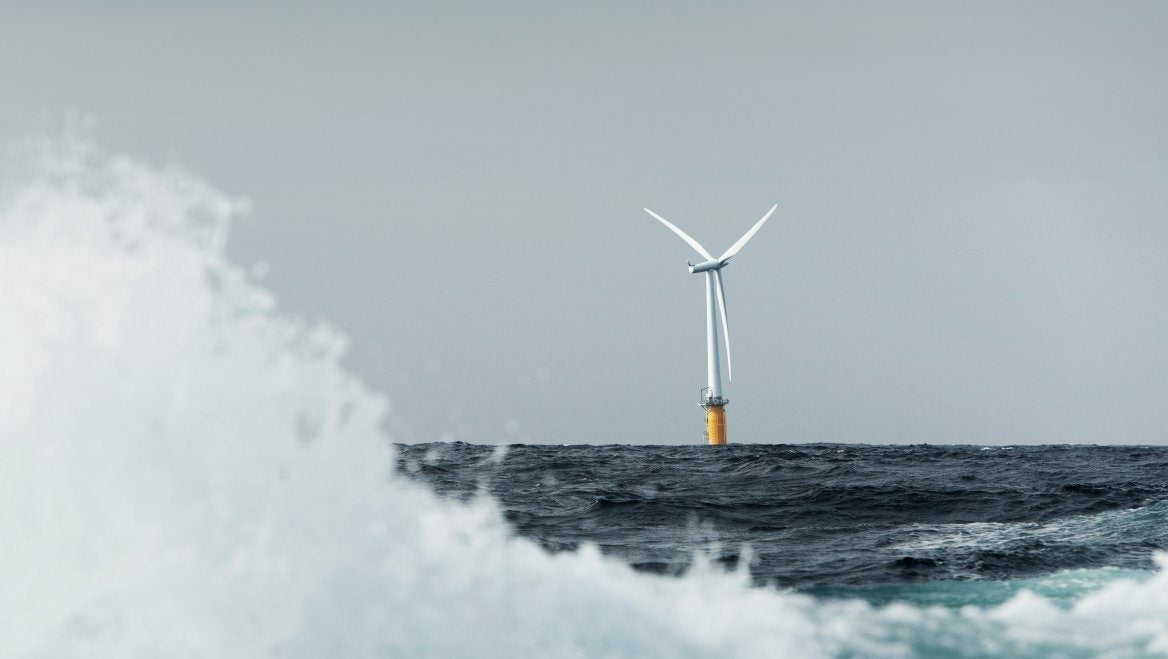The UK now consumes as much energy as 50 years ago—with an economy three times larger
Each year, the UK government publishes detailed data about the country’s energy consumption and emissions. It reveals an intriguing story: The country now consumes less overall energy than it did in 1970.


Each year, the UK government publishes detailed data about the country’s energy consumption and emissions. It reveals an intriguing story: The country now consumes less overall energy than it did in 1970.
The feat is more impressive given that the UK economy grew more than three times larger from 1965 to today, implying that the amount of energy required to produce each pound of economic output has fallen precipitously.
This is because the UK has moved away from energy intensive industries, such as cement and steel, to services-based industries, such as finance and consulting. The country’s move away from fossil fuels to renewable energy has also helped.
When a lump of coal or a liter of gasoline is burned, much of it is lost as heat and only fraction of the energy is used productively. Renewable energy generation from wind, solar, and hydro features much lower losses from generation to consumption.
The country has also adopted high standards for energy efficiency. These involve using electrical equipment, like refrigerators and air conditioners, that use lower amounts of electricity to produce the same output. It also involves having higher insulation standards for buildings to retain heat during the winters.
That’s all good news because the UK legally committed to reaching net-zero greenhouse-gas emissions by 2050.
Though the country produces fewer emissions than it did in 1890, there is still a ways to go to hit zero. And, to be sure, these data do not include “imported emissions”—that is, emissions produced by other countries to create goods that Brits consume (a notoriously difficult-to-compile measure).
The closer the country gets to zero, the harder it will be to cut emissions. Even so, the UK is ahead of many other large, developed economies when it comes to reducing greenhouse gases.